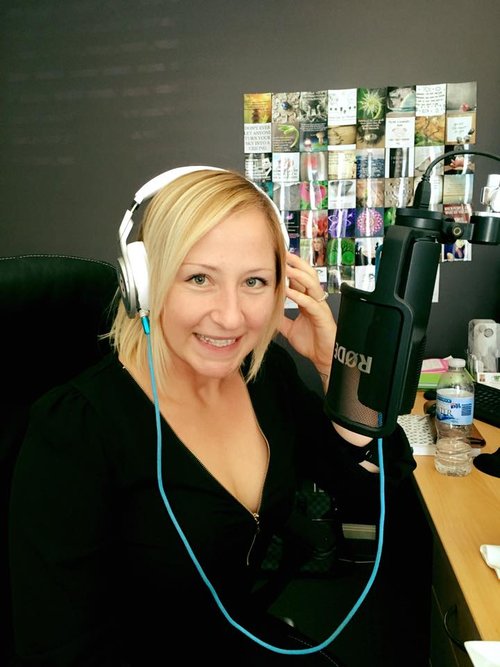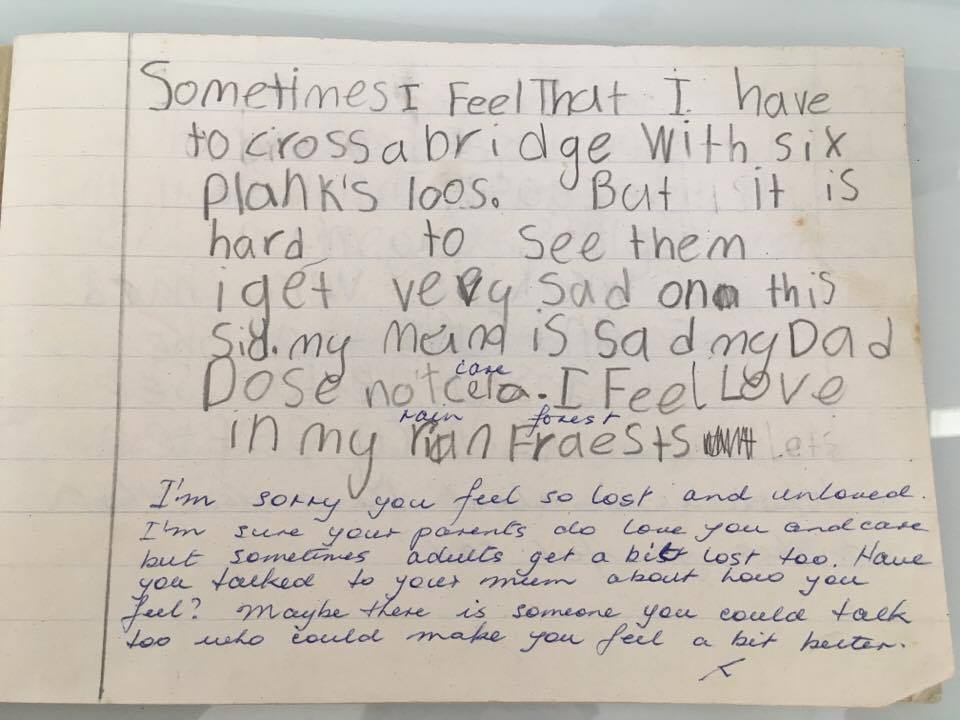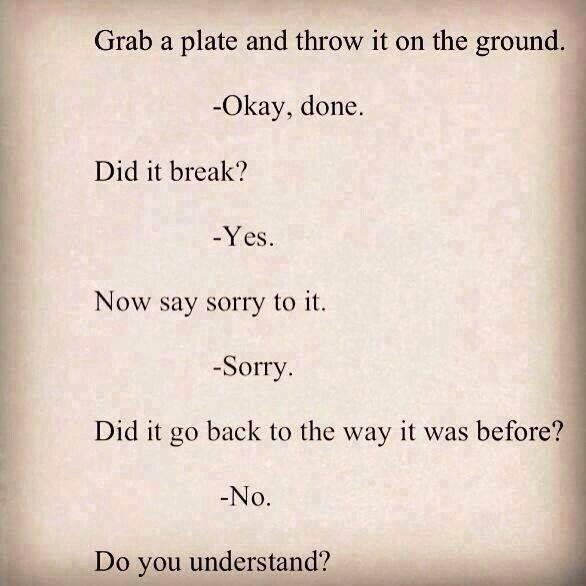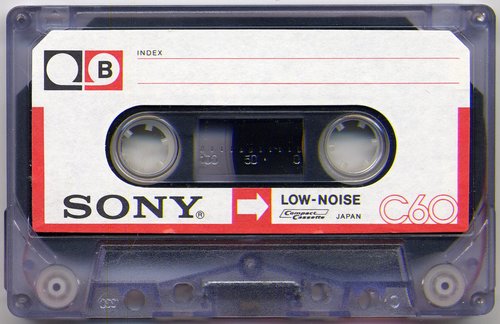Trauma keeps us wired for worry, it slows down our capacity to grow, feel and experience life as it is now. The good news is we can unwind and create space within ourselves to feel the world through a lens of hope rather than mistrust.
Understanding the window of tolerance is a helpful skill in living beyond trauma. The window of tolerance is the optimal zone of arousal in which we are able to cope, function and tolerate everyday stressors, make room to process past hurt, communicate with clarity and be in a space of learning.
Trauma shrinks our window of tolerance, we spend less time in our learning flow state and longer in states of up or down (hyper-arousal or hypo-arousal).
Self awareness of our window of tolerance through understanding the physical and emotional biofeedback our bodies send us is essential, with this knowledge you are able to gradually widen your window of tolerance and stay longer in the optimal zone. The dream isn’t to always be calm but to have a mind body connection that is flexible, resilient and adaptable.
The Window of Tolerance
The window of tolerance is the zone of learning, joy and peace. When we are in our window of tolerance we are able to respond to physical and emotional demands effectively, we are self-regulated and what is called Safe and Social rather than responding from a place of fight, flight, freeze or fawn.
Trauma Impacts the Window of Tolerance
Our body is always prioritising safety, it wants you to feel safe. Trauma (which is unresolved stress) creates a pattern in our bodies to respond from a place of flight, fight, freeze or fawn even when the threat has past. Traumatic experiences can leave us in a state of biological dysregulation, where it can seem that social interactions feel disconnected, life purpose can feel murky and our bodily functions become impaired (thyroid, digestive and mental health illnesses as examples).
During traumatic experiences if we are not able to get away or fight back our body collapses into the freeze state, and particularly for interpersonal trauma we can depend on fawning (people pleasing) to survive complex and harmful abuse.
Hyperarousal
Hyperarousal is the body switched to on mode, it involved the activation of hormones such as adrenalin and cortisol to aid in escape or create fight energy.
We may feel this in our body as states of:
Worry or anxiety
Fear or panic
Hypervigilance
Rage
Restlessness or decreased sleep
Inability to focus
Addictions, over eating or restrictions
Outbursts, impulsive behaviour or compulsive thoughts
Hypoarousal
Hypoarousal is the biological stage after hyperarousal. It is where our body shuts off to replenish spent hormones. It is the freeze state.
Disconnection or flatness
Seperate from emotions
Memory loss
Unable to think or respond
Depressive state, slow moments, low desire to move, increased sleep habits
Auto pilot or disassociation
Living in your Window of Tolerance
Understanding how our body feels in our window of tolerance and outside of it helps us see the warning signs of dysregulation and take steps to come back to balance. When we know a even the slightest change of temperature, smell, sound, touch or a thought can be dysregulating and push us outside of our window of tolerace, we can appreciate our bodies rather than judging them.
There are four simple steps to understanding your window of tolerance:
Pay Attention to your body and the symptoms
Identify the symptoms your body experiences
Label your distress level (1 - 10)
Identify the cause and create new patterns
1. Pay Attention to your body and the symptoms
Our body is always detecting the stimulis in our world to check for threats, even more so when we have experienced trauma where everything felt like a threat or people who we believed where meant to keep us safe were the people harming us. Helping identify to your body to feel here and now (present moment), rather than there and then (past trauma).
2. Identify the symptoms your body experiences
Now start to check in with yourself, are you in states of hyperarousal and hypoarousal throughout the day? How often and what time of the day or events that happen bring your body into this state?
3. Label your distress level (1 - 10)
Scaling 1 - 10 (1 - being not at all and 10 - being very distressing) is a powerful tool of measuring your distress, your level of distress is unique to you. When we understand for example that dirty plates is 9 out of 10 for you but 2 out of 10 for people you live with you can start having meaningful conversations instead of invalidating fights.
4. Identify the cause and create new patterns
Writing and understanding our triggers that activate Hyper or Hypo arousal takes us closer to re-programming ourselves and creating healthier, kinder patterns. For example if dirty dishes are triggering to you because you experienced fear or abuse in childhood about dirty dished then you can start to create safety, tolerance and ‘here and now’ compassion for yourself.
Increase Your Window of Tolerance
Living within our window of tolerance is powerful way to feel like we know ourselves and make decisions from the clearest part of our minds. There are two ways to optimise this:
Widen Your Window of Tolerance
Self-Regulate
Widening your window of tolerance helps you to handle daily stress without being pushed into hyper or hypo arousal to cope.
Self-regulation helps you handle stress and return to the window of tolerance.
1. Widen Your Window of Tolerance
There are ways we can increase our window of tolerance and approach life with mental flexibility.
Practice Mindfulness
Building Awareness
focus your attention
identify what you are feeling
ask yourself why do you feel that way
question why those feelings matter
Be More Open
let yourself feel everything, be open to both positive and negatives
don’t push away unpleasant thoughts or emotions
let negatives flow and pass through your mind
Be More Accepting
accept feelings of both positive and negative experiences
avoid judgment or censoring of your thoughts and feelings
don’t be ashamed, embrace it instead
Be Present
stay in the present moment and focus on what you are currently doing
pay attention without judgment
avoid multitasking as this is mentally draining
Increase Happiness
There are four happiness chemicals that your brain releases when you feel good. These chemicals are known as DOSE. When you are happy and have a positive experience, your window of tolerance will naturally expand.
By understanding how each of the chemicals works, you can trigger the release of one of the chemicals to improve your happiness.
Here are some examples of activities you can do:
Dopamine
make a to-do list (each time you tick off a task you increase dopamine levels)
create something such as writing, music, arts and crafts
meditate
Oxytocin
physical touch, cuddling, hugging, and even eye contact
socializing with friends and family
listening to music
Serotonin
getting sunshine outdoors
cold showers
getting a massage
Endorphin
laughter and crying
eating dark chocolate or spicy foods
creating music or art
Reduce Shame
Shame thrives in secrecy, and it can become a pattern of shame filled or defensive behaviour. Resolving shame needs openness, honesty and safe spaces for it to be held and transformed.
Name your shame
Listen to how you speak to yourself
Write about your shame
Tell someone you trust, shame evaporates in safe spaces
Build Resilience
Resilience is vital for surviving and adapting in the face of adversity, trauma, tragedy, or stress.
Build Connections
prioritize relationships by connecting with those close to you
join a group and build one-on-one relationships
Foster Wellness
focus on all three aspects of health, (physical, mental and social)
Avoid negative outlets (masking your pain with substance abuse)
Find Purpose
look for opportunities for self-discovery
take steps towards your goals (long term and short term goals)
embrace change and be optimistic
help others (supporting a friend, volunteering, connecting with support groups)
Overcoming hyperarousal is generally easier than compared to self-regulating when you experience hypoarousal. We need to move from hypoarousal, through hyperarousal to come back into our window of tolerance.
Self-Regulate Hyperarousal
When you experience hyperarousal symptoms you can soothe yourself with these techniques:
Release your anger (try one of these)
close your eyes and lay down to let yourself relax and calm down
give yourself a 10-second hug by wrapping your arms around yourself and holding tightly
stretch your arms out in front of you to relieve that tension built up
shake it off to relive that stress
take a drink of water to cool yourself down and calm your nerves
Breathing exercise
pause for a moment
take a long and slow deep breath
inhale with your nose and fill your lungs
hold the breath for 3 seconds
exhale with your mouth
count each breath and do at least 10 deep breaths
Meditate
being mindful and meditating go hand in hand
helps to regulate emotions and thoughts
relives stress by calming you down
Practice yoga
yoga is the practice of controlling the mind and body
improves your concentration and reduces stress
relieves any tension built-up
Self-Regulate Hypoarousal
When you experience hypoarousal symptoms you can activate your body with these techniques:
Activate your senses (tap into your five senses)
warm bath
massage
aromatic candles or scents
music or natural sounds
tasty food
Grounding exercises (try one of these)
notice your feet connecting with the floor, how does it make you feel
hold an object in your hand and really focus on it
5, 4, 3, 2, 1 exercise, close your eyes and take a few deep breaths, open your eyes, and look around the room and acknowledge:
5 things you can see
4 things you can feel
3 things you can hear
2 things you can smell
1 thing you can taste
Additional Self-Regulation Techniques
Physical activity
any form of physical exercise you enjoy helps
Challenge your thoughts
recognizing negative thoughts, challenge the thought and reframing them in a positive way
Write things down
writing helps clear your thoughts and unloads all your emotions out
clearing mental clutter gives clarity and focus
Your Window of Tolerance
Appreciate you taking the time to learn about your window of tolerance, to review:
Recognize your window of tolerance and build awareness of your symptoms
Widen your window of tolerance
Self-regulate when you dysregulate and experience symptoms of hyperarousal or hypoarousal
This is a life long practice, it requires constant reliable repetition to form this new habit and awareness to be able to remove the automatic responses that trauma imbeds in the brain.
If you or someone you know are suffering with the effects of trauma please reach out for support.














